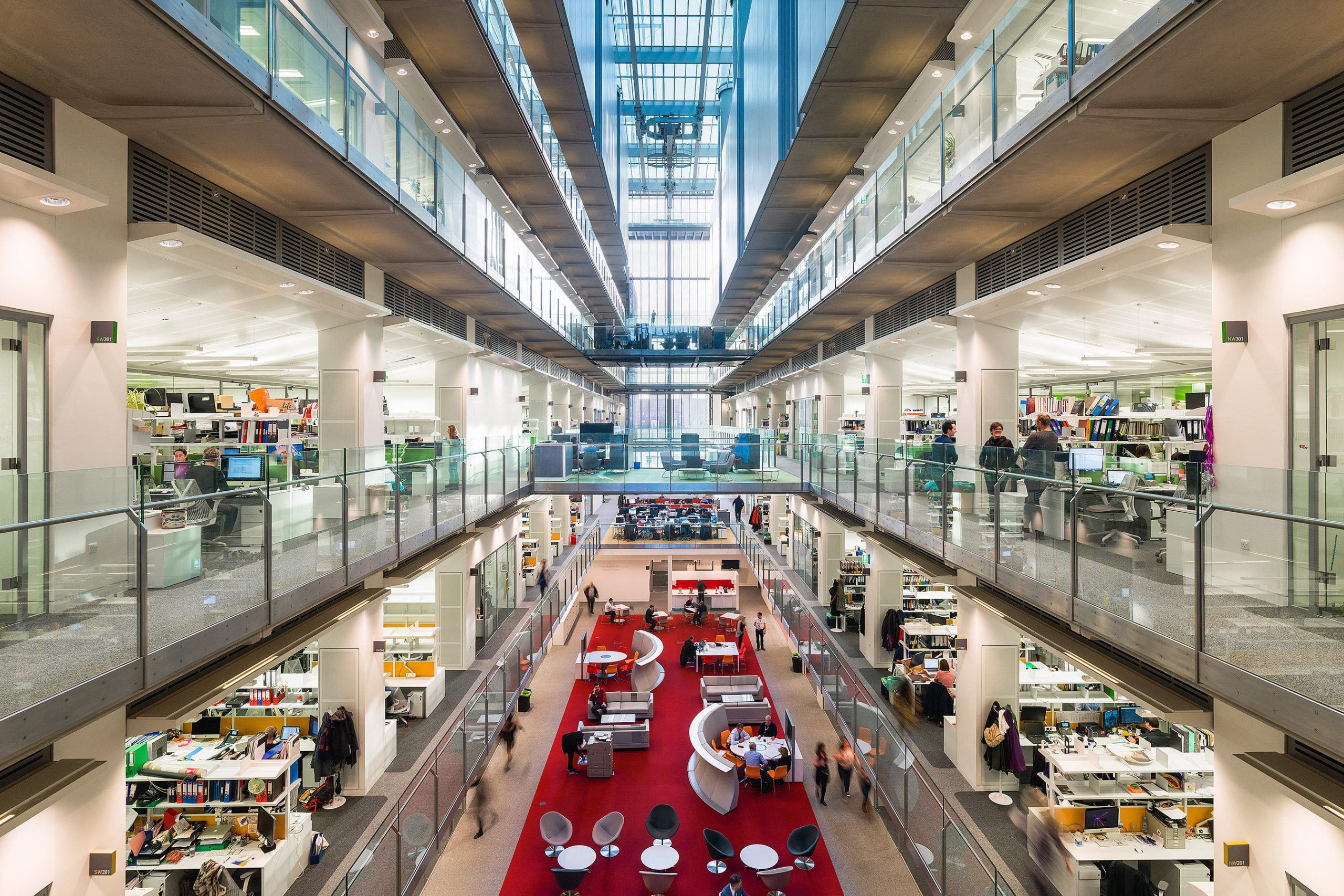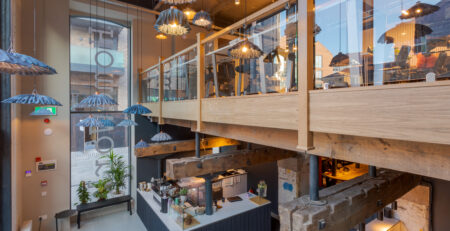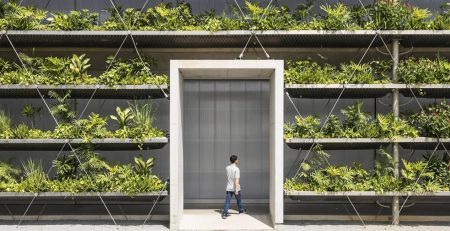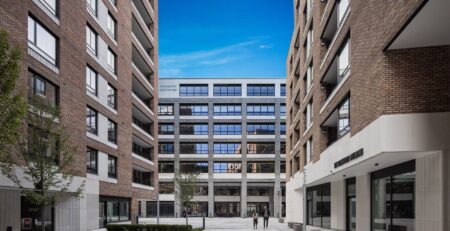What was The Buzz in February?
Our monthly roundup of real estate industry news.
Here are a few of the stories that caught our attention in February. From new flexible workspaces to a growing RE focus on life sciences, an increasing amount of landlords and operators are changing lanes right now.
London’s flexible workspace sector continues to expand with Shoreditch/Old Street experiencing 79% increase in desk prices
A Flexible Office Rental Price Report from flexible office broker Office Freedom, in collaboration with Carter Jonas, examines key drivers of the UK’s flexible office market.
Findings from the report indicate that despite WeWork’s recent filing for administration, the flexible office industry remains well-positioned for growth. In the capital, St James’s, Mayfair, Kensington and Fulham stood out as the highest cost districts in 2023, with average cost per desk amounting to £926, £834, and £725, respectively.
Jon Posener, COO of Office Freedom said: “Growth in the flex industry has been due to managed office spaces. Landlords are now offering fitted, all-inclusive, self-contained spaces, on shorter-term deals which will lead growth at pace throughout 2024.”
Richard Smith, COO of Office Freedom concluded: “The pandemic has undeniably acted as a catalyst, accelerating the transition towards flexible workspaces. Regardless of what happens with WeWork, there is now a large amount of established flex office operators who continue to grow.” Read more.
Half-vacant UK shopping centre to become 500sq ft life sciences scheme
Developer Pioneer Group has won planning consent to turn a 1980s-era shopping centre in Cambridge into a huge new life sciences scheme.
The Cambridge City Council voted earlier this week to approve plans that will see the Grafton Centre in the centre of the university city converted into a mixed-use scheme, with two-thirds of the space given over to life sciences.
It’s one of the first projects in the UK that will see a shopping centre converted into life sciences space. Cambridge is among the markets seeing hot demand from tenants in the sector. Pioneer said the life sciences part of the scheme will house companies that could employ more than 2,000 people. Read more.
Francis Crick to operate labs at Regent’s Place and Tribeca
The Crick collaborates in ventures with British Land, BlackRock and Reef Group
The Francis Crick Institute has announced that it will work with British Land, BlackRock, and Reef Group, to accelerate the growth of London’s Knowledge Quarter as a world leading life sciences and AI/Biotech destination.
Companies with a focus broadly aligned to the Institute’s scientific goals in biomedicine will be able to occupy two new highly serviced state-of-the-art laboratories and office spaces in Euston & King’s Cross, in close proximity to the Francis Crick Institute and community of researchers.
Sam Barrell, deputy chief executive of the Francis Crick Institute says: “This is a first step towards building a broad ecosystem of Crick-related activities in the King’s Cross area and beyond. To solve some of the world’s biggest scientific challenges, we need a plural environment where multiple organisations from a wide variety of backgrounds and specialisms come together.” Read more.
Howard de Walden’s new flexible workspace offering
Elmtree, Howard de Walden’s new flexible workspace offering, has officially opened its doors.
In partnership with Spacemade, Howard de Walden has opened the doors to its first Elmtree branch at 34-36 Queen Anne Street, W1. With private offices, agile workspace and meeting and break-out rooms, 34-36 Queen Anne Street has been meticulously designed to cater for the diverse and evolving nature of our work patterns.
As an Elmtree member, you can also enjoy the benefits of an on-site community team, member events, fully stocked kitchens, showers, changing facilities, and a lot more. This sophisticated, design-driven workspace is located within Marylebone Village with restaurants, shops, bars and a huge variety of other amenities right on its doorstep. Read more.
UK life sciences sector faces development challenges as demand increases
The life sciences sector continues to rise in popularity among UK real estate investors, but the increased demand brings with it issues, including a lack of suitable and available space for both start-ups and established businesses, as well as challenges around the suitability of surrounding infrastructure.
The UK government is encouraging investors and developers to consider the life sciences sector when investing funds. It follows a huge boom for the industry in 2021, with a more stable, long-term demand now existing as the market has somewhat steadied. There remains however, an ongoing need for more spaces for firms to move into, whether it be start-up businesses looking for a space to launch, or existing firms requiring more room as they continue to grow.
Overall, the UK’s life sciences sector has grown dramatically in recent years and remains an exciting opportunity for development and investment. Despite slowing down, the number of businesses and space required for these firms has soared since pre-pandemic times. The UK remains a way behind the life science sector in the US and if there is to be any hope of catching up, there is a need to “think outside the box” when it comes to suitable real estate to house these businesses and what else those businesses need around them to create viable life sciences premises and long term success. Read more.












